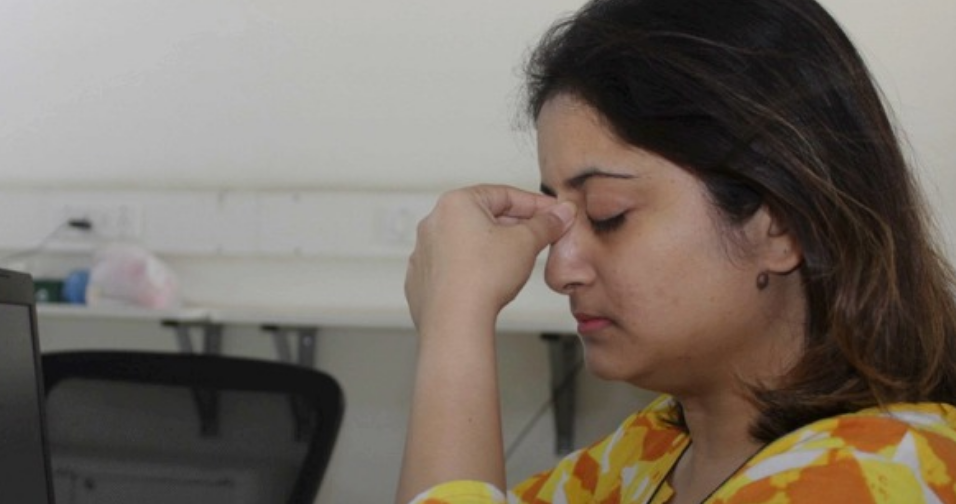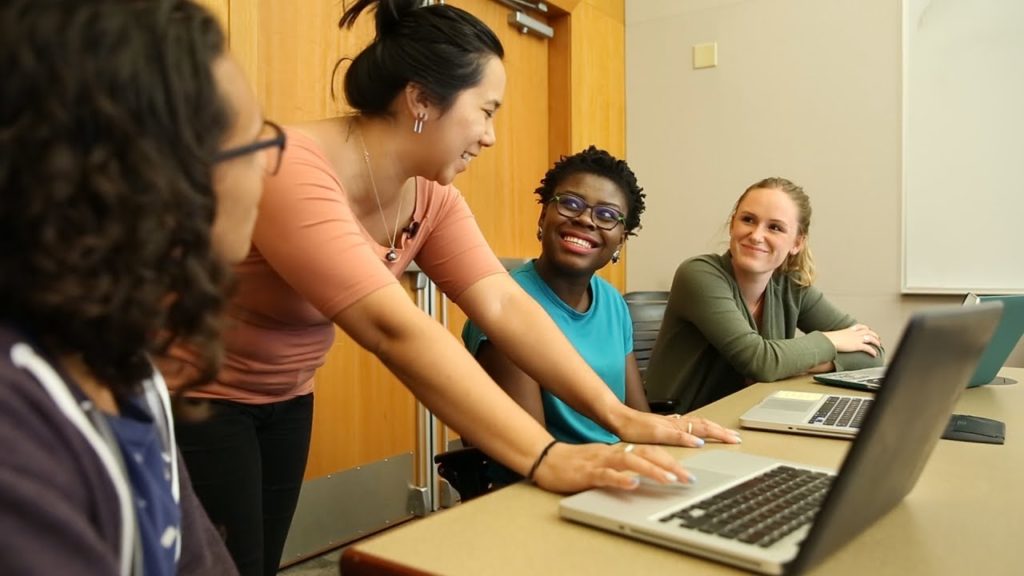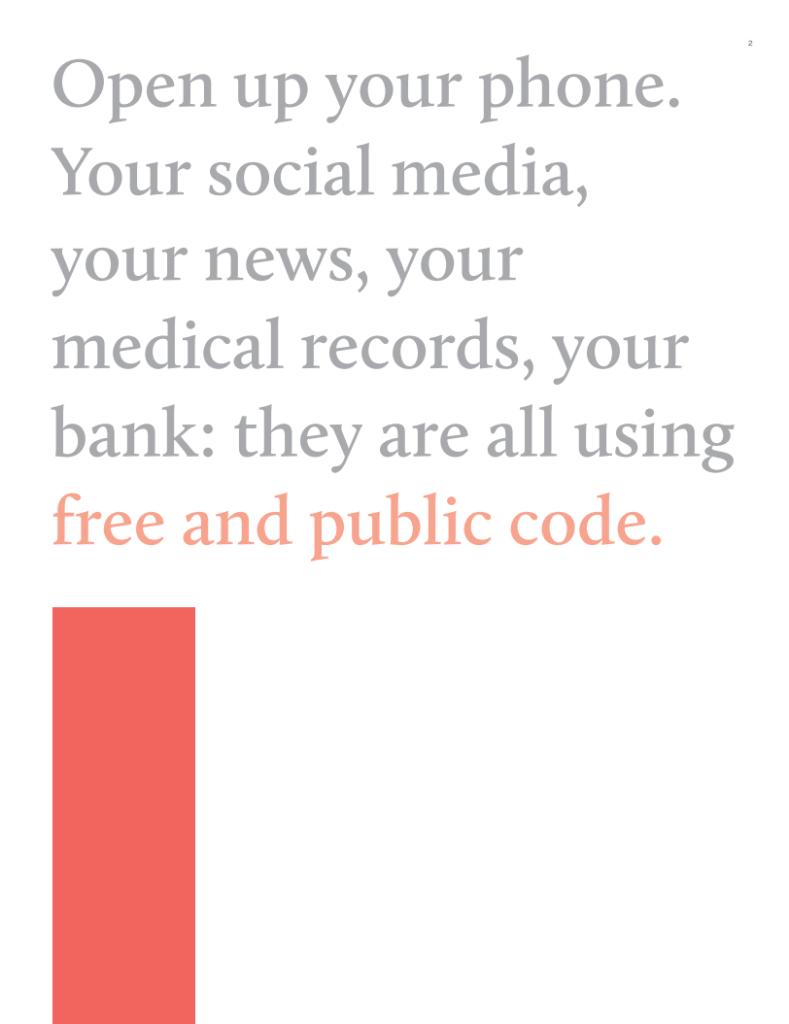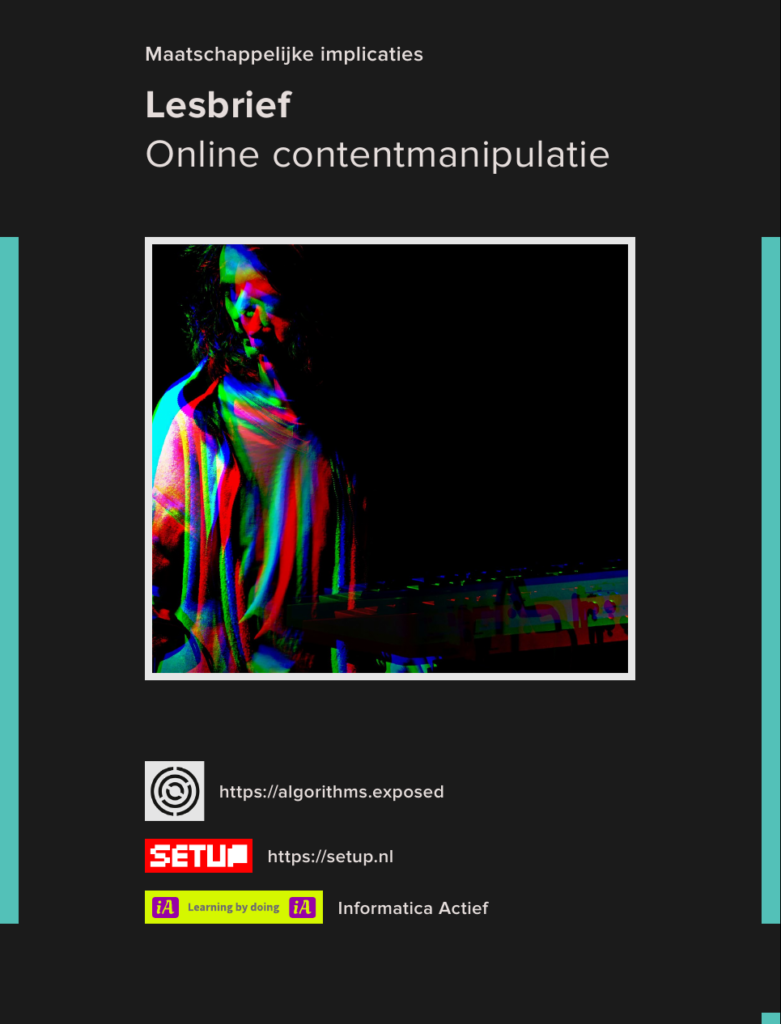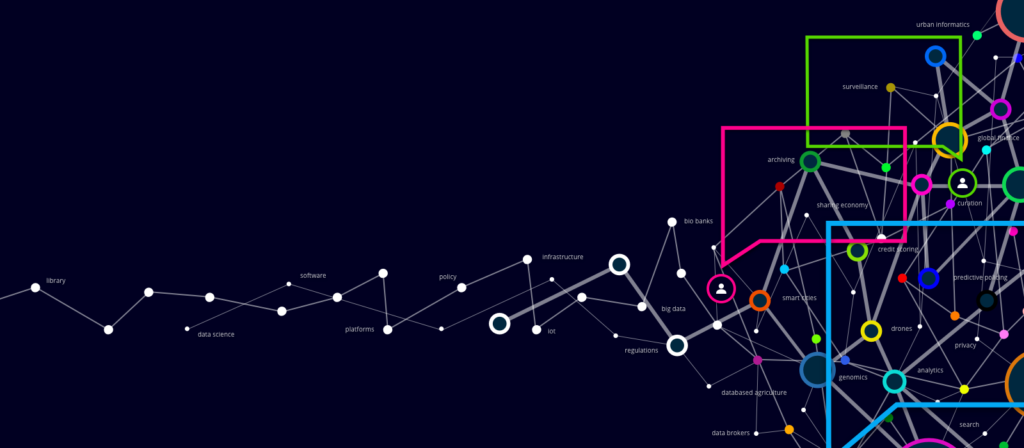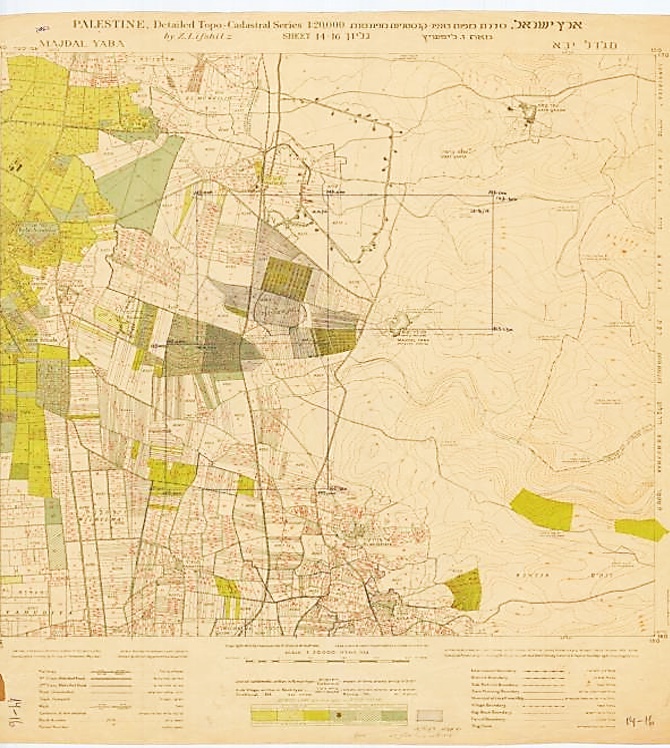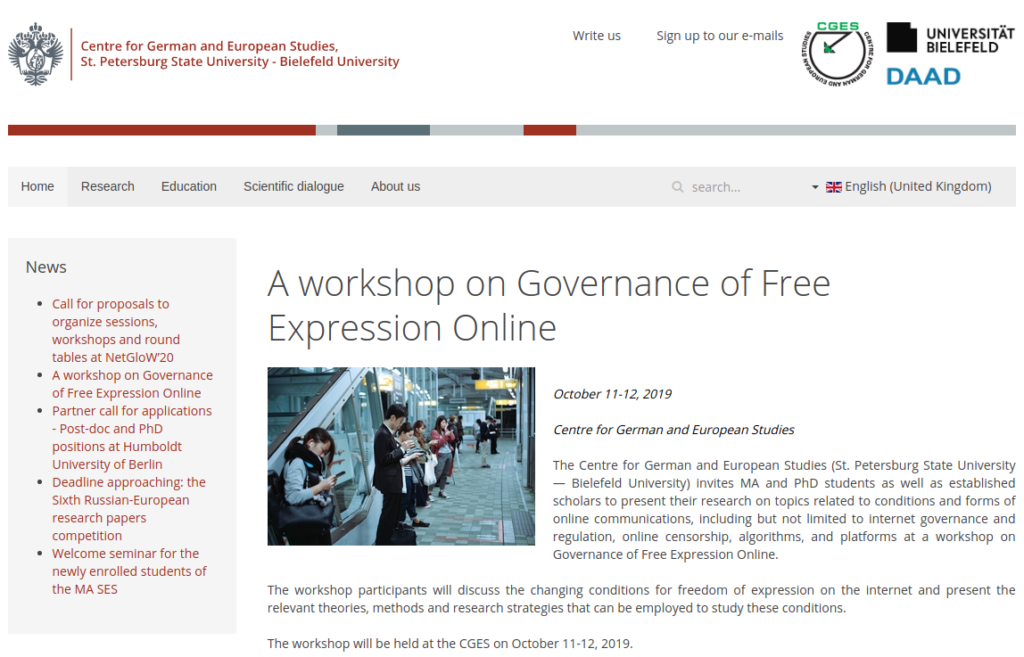Author: Peter Füssy
For the last decade, data journalism has attracted attention from scholars, some of whom have provided distinct definitions in order to understand the changes in journalistic practices. Each one of them emphasizes a particular aspect of data journalism; from new forms of collaboration to open-source culture (Coddington, 2014). Yet, even among clashing definitions, it is possible to say they all agree that there is no data journalism without data. But which data? Relevant data does not generate by itself and it is usually related to power, economic, and/or political struggles (De Maeyer et. al, 2014). While journalists in the Global North mostly benefit from open government mechanisms for public scrutiny, journalists working in countries with less transparency and democratic tradition still face infrastructural issues when putting together data and journalism (Borges-Rey, 2019; Wright, Zamith & Bebawi, 2019).
For the next paragraphs, I draw from academic research, reports, projects, and my own experience to briefly problematize one of the most recurring challenges to data journalism in Brazil: access to information. Since relevant data is rarely available immediately, a considerable part of data-driven investigative projects in Brazil relies on Freedom of Information (FOI) law that forces governments to provide data of public interest. Also known as Access to Information or Right to Information, these acts are an essential tool to increase transparency, accountability, citizens agency, and trust. Yet, implementation and compliance of the regulation in Brazil are inefficient in all levels of government bodies (Michener, 2018; Abraji, 2019; Fonseca, 2020; Venturini, 2017).
More than just a bureaucratic issue inherited from years of dictatorship and lack of competences, this inefficiency is also a political act. As Torres argued, taking Mexico as an example, institutional resistance to transparency is carried out through subtle and non-political actions that diminish data activists agency and have the effect of producing or reinforcing inequalities (Torres, 2020). In the case of Brazil, however, recent reports imply that institutional resistance to transparency is not necessarily subtle. It may also be a political flag.
Opacity and Freedom of Information
According to Berliner, the first FOI act was passed in Sweden in 1766, but the recent wave follows the example of the United States’ act from 1966. After the US, there is no clear pattern for adoption; for example, Colombia passed a law in 1985, while the United Kingdom did so only in 2000. FOI acts are more likely to pass when there is a highly competitive domestic political environment, rather than pressure from civil society or international institutions (Berliner, 2014).
Sanctioned in 2011, the Brazilian FOI came to effect only in 2012. In the first six years, 611.3 thousand requests were filled just in the federal government (excluding state and municipal bodies). The average of 279 requests per day or 11 per hour suggests how eager the population was to decentralise information. Although public authorities often give insufficient responses and say that the request was granted, it is possible to say the law was about to “stick”. From the total requests, 458.4 thousand (75%) resulted in partial or full access to the requested information (Valente, 2018).
At the beginning of 2019, while president Jair Bolsonaro was at his first international appearance as the Brazilian head of state in Davos, vice president general Hamilton Mourão signed a decree to limit access to information by allowing government employees to declare confidentiality of public data up to the top-secret level, which makes documents unavailable for 25 years (Folha de S.Paulo, 2019). Until then, this could be done only by the president and vice president, ministers of state, commanders of the armed forces and heads of diplomatic missions abroad. Facing a backlash from civil society, Bolsonaro lost support in Congress to pass that bill and withdraw the resolution a few weeks later. Nonetheless, reports show that the issues regarding FOI requests are growing under his presidency.
Data collected from the Brazilian FOI electronic system by Agência Pública revealed that Federal Government’s denials of requests with the justification of “fishing expedition” increased from 8 in 2018 to 45 in the first year of Bolsonaro’s presidency (Fonseca, 2020). The term “fishing expedition” is pejorative and usually related to secret or non-stated purposes, like using an unrelated investigation or questioning to find evidence to be used against an adversary in a different context. However, according to the Brazilian FOI, the reason behind a request must not be taken into account when deciding to provide information or not.
At the same time, journalists’ perception of difficulties to retrieve information via FOI reached the highest numbers in 2019, when 89% of the interviewed journalists described issues like answers after the legal deadline, missing information, data in closed format, and denial of information (Abraji, 2019). In 2013, 60% reported difficulties, and the number dropped to 57% in 2015.
For example, after more than one year in the office, Bolsonaro’s presidency still refuses to make public the guest list of his inauguration reception. In addition to the guest list, the government keeps in secrecy more than R$ 15 million in expenses made with corporate cards from the Presidency and Vice President’s Office. The confidentiality remains even after a decision by the Supreme Court that overturned the confidentiality in November last year.
More from less
Despite the challenges, Brazilian journalists are following the quantitative turn in the field and creating innovative data-driven projects. As reported by the Brazilian Association of Investigative Journalism (Abraji), at least 1.289 news stories built on data from FOI requests were published from 2012 to 2019. In 2017, the “Ctrl+X” project, which scraped thousands of lawsuits to expose politicians trying to silence journalists in courts, won a prize in the Global Editors’ Data Journalism Awards.
In the following year, G1 won the public choice award with a project that tracked every single murder in the country for a week. The results from the “Violence Monitor” showed a total of 1,195 deaths, one in every eight minutes. However, this project did not rely on FOI requests but on an unprecedented collaboration of 230 journalists employed by the biggest media group in Brazil, Globo. They gathered the data from scratch at police stations all over the country to tell the stories of the victims. Besides that, G1 partnered with Universidade de São Paulo for analysis and launched a campaign on TV and social media so that people could identify some of the victims.
Regardless of the lack of resources, freedom, and safety, these projects show that data journalism can be a tool to rebuild trust from audiences. However, activism to break the resistance to transparency is a challenge even more prominent when opacity seems to be encouraged by institutional actors.
About the author
Peter is a journalist trying to explore new media in depth, from everyday digital practices to the undesired consequences of a highly connected environment. After more than 10 years of writing and multimedia reporting for some of the most relevant news outlets in Brazil, he is now second years Research Master’s student in Media Studies at the University of Amsterdam.
References
Berliner, Daniel. “The political origins of transparency.” The journal of Politics 76.2 (2014): 479-491.
Borges-Rey, Eddy. “Data Journalism in Latin America: Community, Development and Contestation.” Data Journalism in the Global South. Palgrave Macmillan, Cham, 2019. 257-283.
Coddington, Mark. “Clarifying journalism’s quantitative turn: A typology for evaluating data journalism, computational journalism, and computer-assisted reporting.” Digital journalism 3.3 (2015): 331-348.
De Maeyer, Juliette, et al. “Waiting for data journalism: A qualitative assessment of the anecdotal take-up of data journalism in French-speaking Belgium.” Digital journalism 3.3 (2015): 432-446.
Fonseca, Bruno. Governo Bolsonaro acusa cidadãos de “pescarem” dados ao negar pedidos de informação pública. Agência Pública. 6 Feb, 2020.
Michener, Gregory, Evelyn Contreras, and Irene Niskier. “From opacity to transparency? Evaluating access to information in Brazil five years later.” Revista de Administração Pública 52.4 (2018): 610-629.
Michener, Gregory, et al. “Googling the requester: Identity‐questing and discrimination in public service provision.” Governance (2019).
Valente, Jonas. “LAI: governo federal recebeu mais de 600 mil pedidos de informação”. Agência Brasil. May 16, 2018.
Venturini, Lilian. “Se transparência é regra, por que é preciso mandar divulgar salários de juízes?”. Nexo Jornal. São Paulo, 3 Sept. 2017.
Wright, Kate, Rodrigo Zamith, and Saba Bebawi. “Data Journalism beyond Majority World Countries: Challenges and Opportunities.” Digital Journalism 7.9 (2019): 1295-1302.

